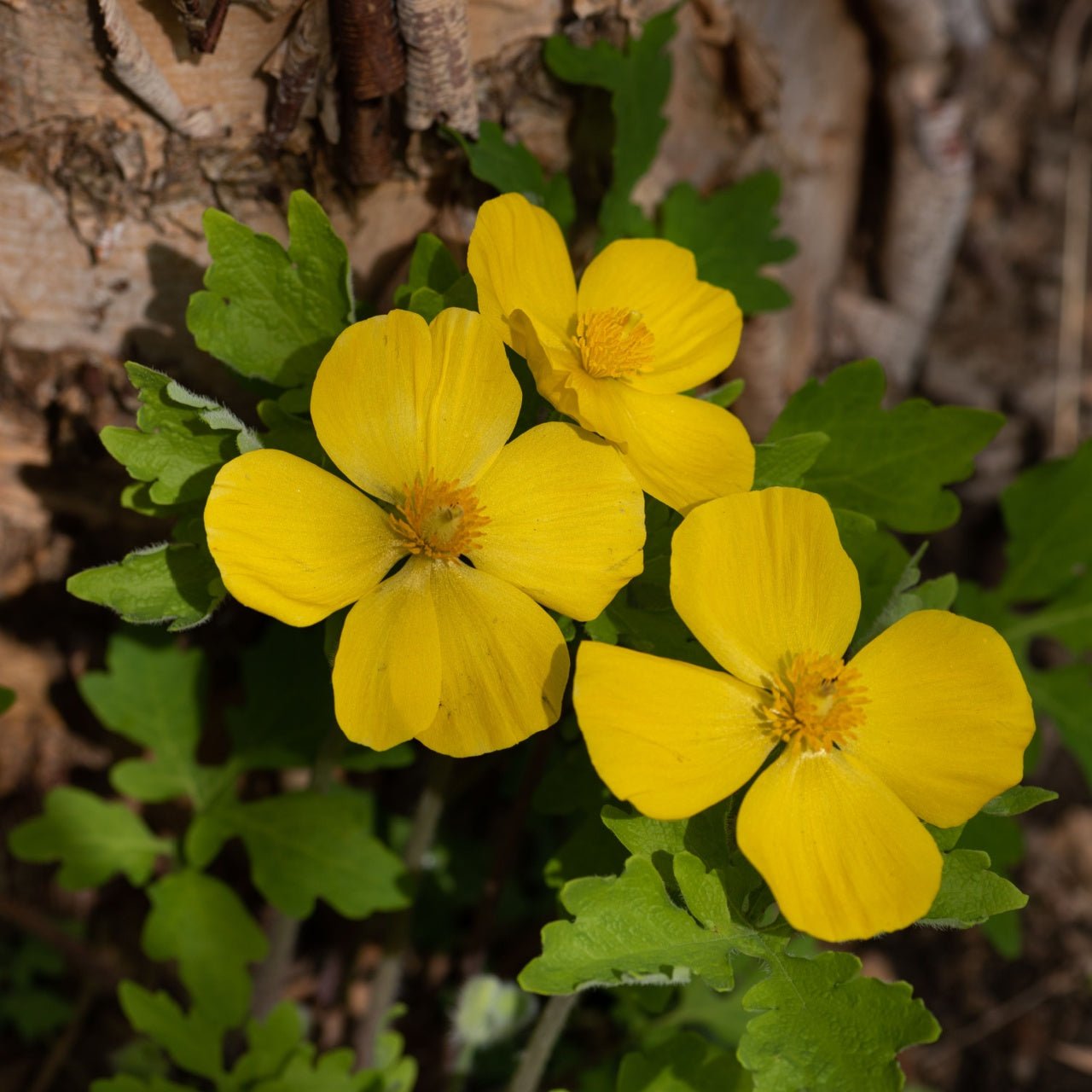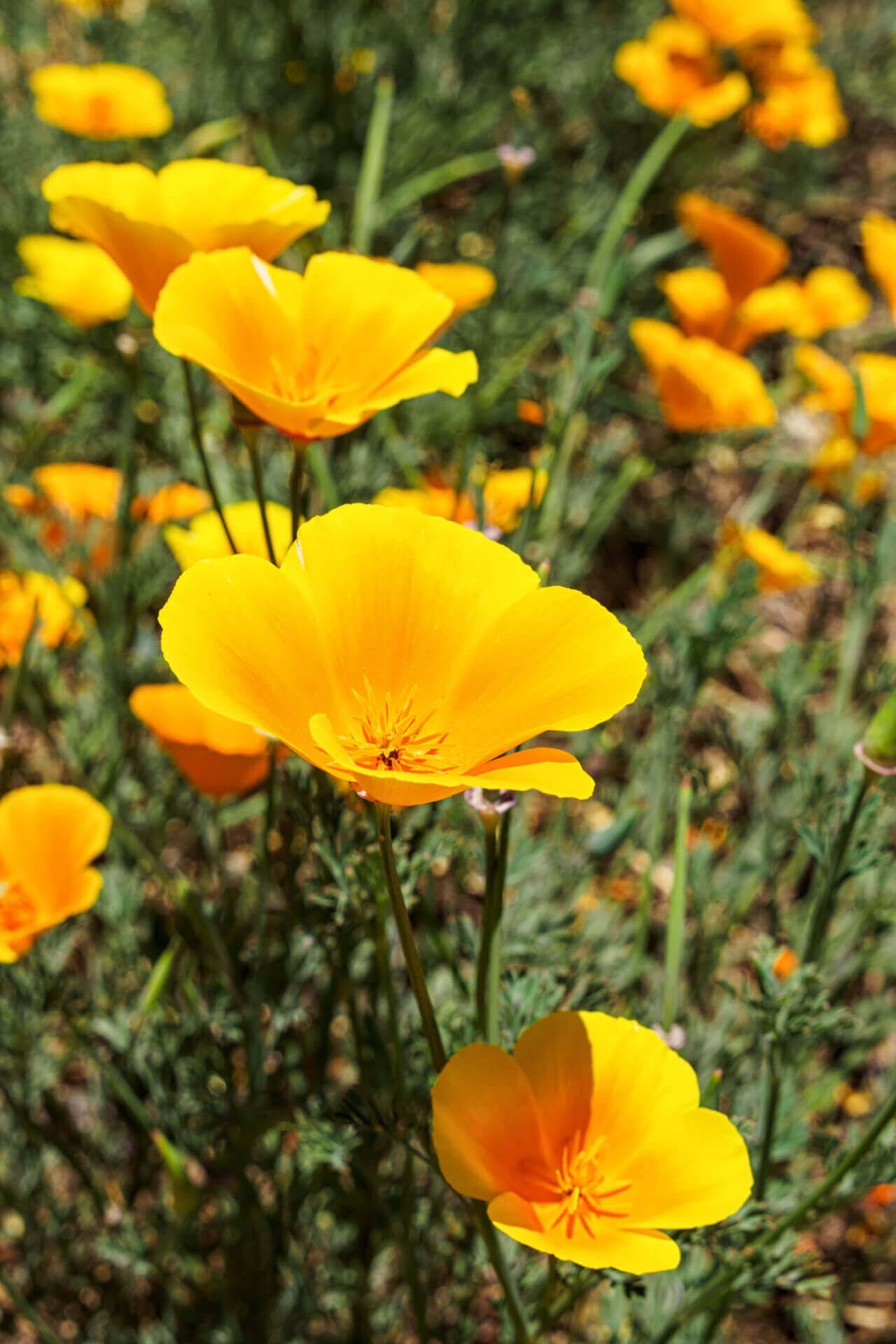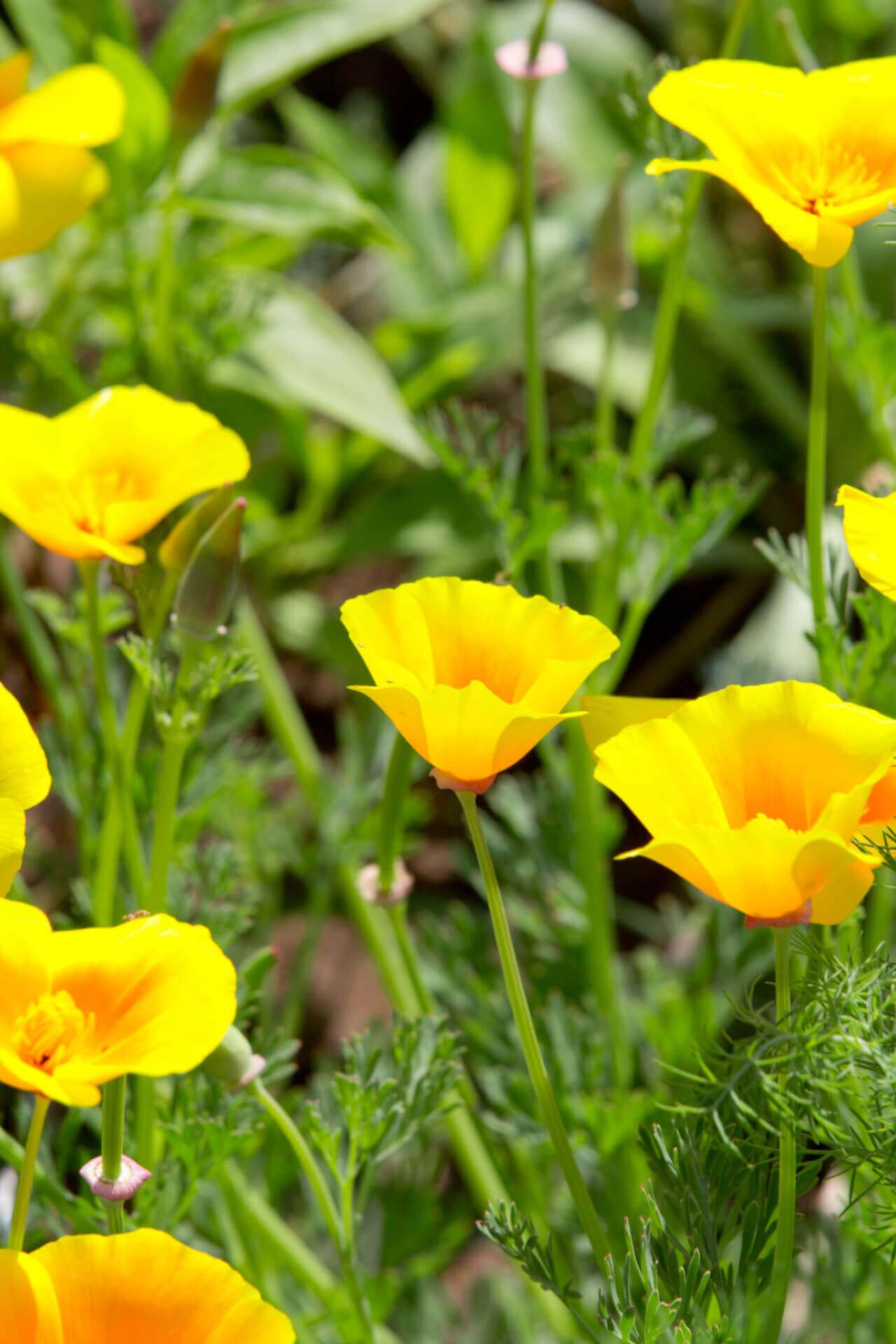




Celandine Poppy
We sell bare root plants - click here to see what you'll receive
Celandine Poppy - Stylophorum Diphyllum
Celandine Poppy is a beautiful perennial wildflower that gives woodland gardens and sheltered areas a vibrant pop of color. Its golden blooms and lush foliage make it easy to naturalize.
Celandine Poppy Thrives Almost Anywhere It's Planted
It is incredibly simple to plant and care for, making it an excellent choice for gardeners of all ability levels. It grows well in a well-drained, organically fertile soil, preferring part to full shade. Till the soil, place the roots below ground, cover lightly, and water. Once established, it doesn't require much care other than a couple of soakings during dry spells and mulch to keep the soil moist and deter weeds.
Seasonal Blooms and Color Changes of Celandine Poppy
In mid-to-late spring, they will bear yellow, cup-shaped flowers with a fragile, crepe-like structure. Each flower blooms for several weeks, which makes a cheerful scene in the shade. The flowers are topped by deeply lobed, blue-green leaves that appear like a shadow during the growing season. The leaves can turn a soft gold in fall before they are dormant in winter.
Shape and Longevity of The Plant
It clumps in small pods measuring 12 to 18 inches tall. Its bright flowering and dense foliage make it ideal for borders, woodland gardens, or naturalized plantings. Because it is perennial, it blooms again yearly, offering durability and stability.
The Celandine Poppy plants at TN Nursery are carefully grown and shipped as vigorous bare-root plants. These hardy wildflowers grow quickly, giving you vibrant flowers year after year. Plant it in your yard to create a long-lasting color in the shade!
| Planting zone | [4, 5, 6, 7, 8, 9] |
|---|---|
| Bloom season | Spring |
| Bloom color | Yellow |
| Height At Maturity | Under 12" |

Celandine PoppyBuy 1 + Get 1 Free / Mid-April
Sale price$7.99






Celandine Poppy
| Planting zone | [4, 5, 6, 7, 8, 9] |
|---|---|
| Bloom season | Spring |
| Bloom color | Yellow |
| Height At Maturity | Under 12" |

